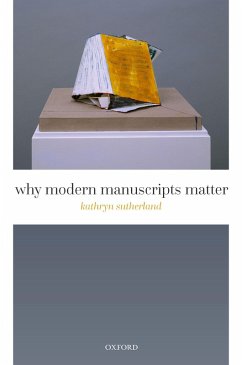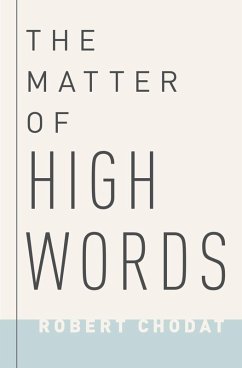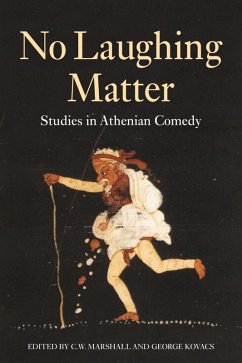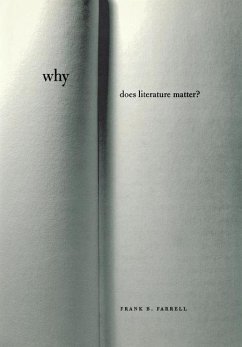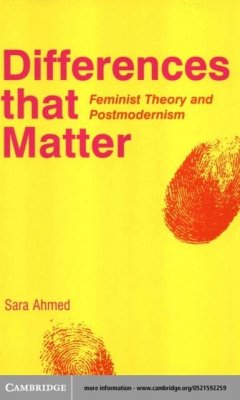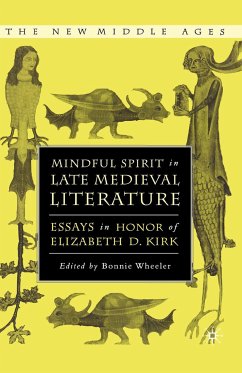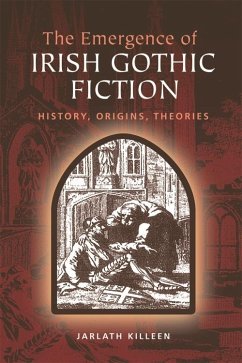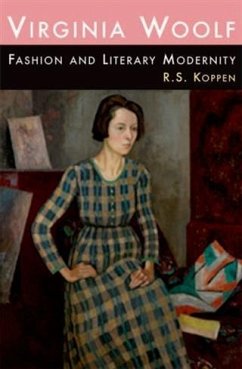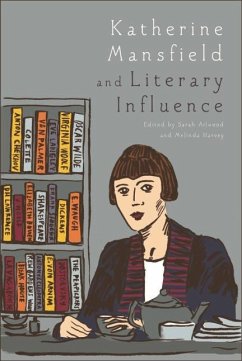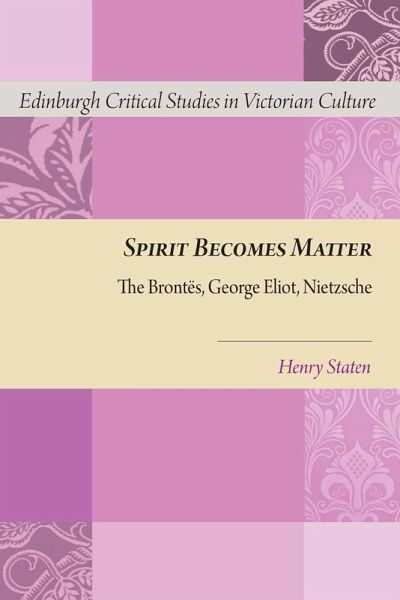
Spirit Becomes Matter (eBook, PDF)
The Brontes, George Eliot, Nietzsche
Versandkostenfrei!
Sofort per Download lieferbar
0,00 €
inkl. MwSt.
Weitere Ausgaben:

PAYBACK Punkte
0 °P sammeln!
Traces the development of critical moral psychology in the central novels of the Brontës and George EliotThis book explains how, under the influence of the new ''mental materialism'' that held sway in mid-Victorian scientific and medical thought, the Brontës and George Eliot in their greatest novels broached a radical new form of novelistic moral psychology. This was one no longer bound by the idealizing presuppositions of traditional Christian moral ideology, and, as Henry Staten argues, is closely related to Nietzsche's physiological theory of will to power (itself directly influenced by H...
Traces the development of critical moral psychology in the central novels of the Brontës and George Eliot
This book explains how, under the influence of the new ''mental materialism'' that held sway in mid-Victorian scientific and medical thought, the Brontës and George Eliot in their greatest novels broached a radical new form of novelistic moral psychology. This was one no longer bound by the idealizing presuppositions of traditional Christian moral ideology, and, as Henry Staten argues, is closely related to Nietzsche's physiological theory of will to power (itself directly influenced by Herbert Spencer). On this reading, Staten suggests, the Brontës and George Eliot participate, with Flaubert, Baudelaire, and Nietzsche, in the beginnings of the modernist turn toward a strictly naturalistic moral psychology, one that is ''non-moral'' or ''post-moral''.
This book explains how, under the influence of the new ''mental materialism'' that held sway in mid-Victorian scientific and medical thought, the Brontës and George Eliot in their greatest novels broached a radical new form of novelistic moral psychology. This was one no longer bound by the idealizing presuppositions of traditional Christian moral ideology, and, as Henry Staten argues, is closely related to Nietzsche's physiological theory of will to power (itself directly influenced by Herbert Spencer). On this reading, Staten suggests, the Brontës and George Eliot participate, with Flaubert, Baudelaire, and Nietzsche, in the beginnings of the modernist turn toward a strictly naturalistic moral psychology, one that is ''non-moral'' or ''post-moral''.
Dieser Download kann aus rechtlichen Gründen nur mit Rechnungsadresse in A, B, BG, CY, CZ, D, DK, EW, E, FIN, F, GR, HR, H, IRL, I, LT, L, LR, M, NL, PL, P, R, S, SLO, SK ausgeliefert werden.





